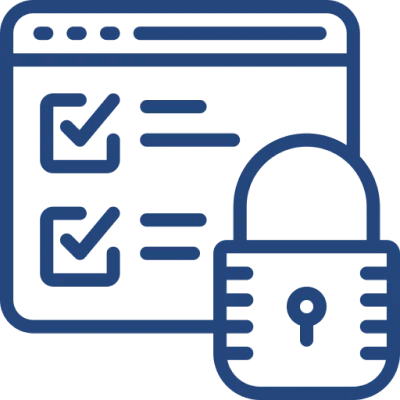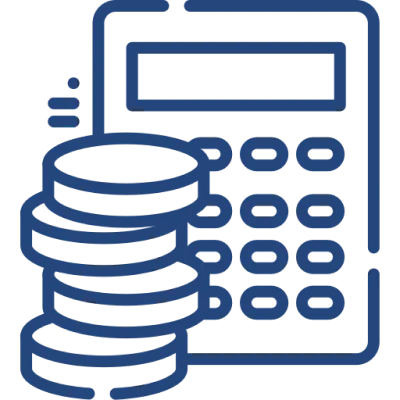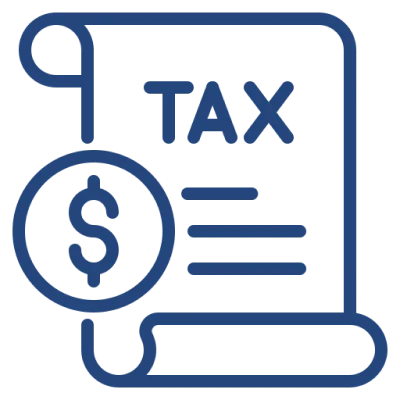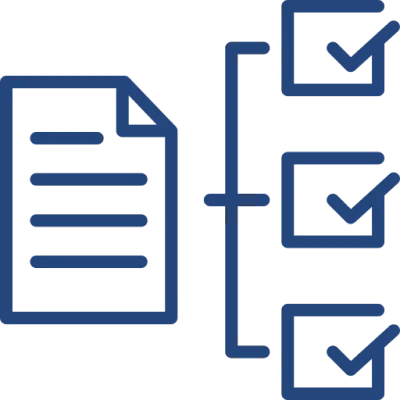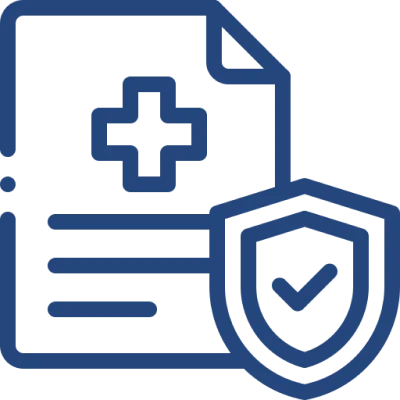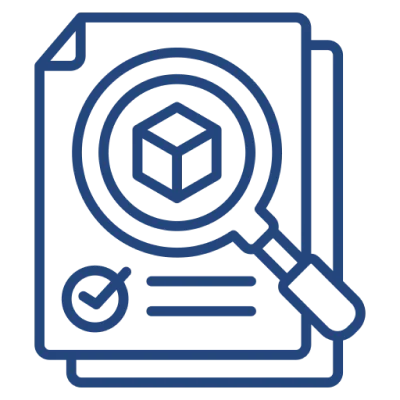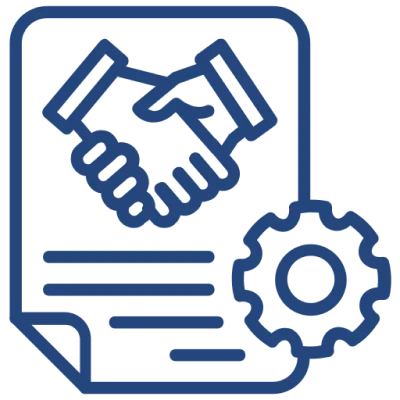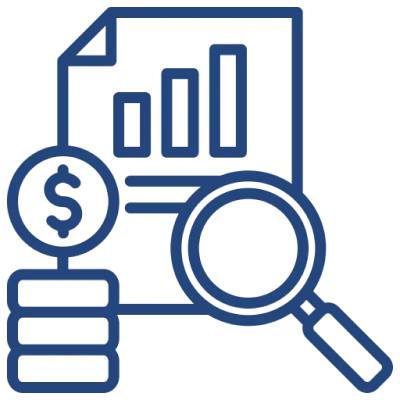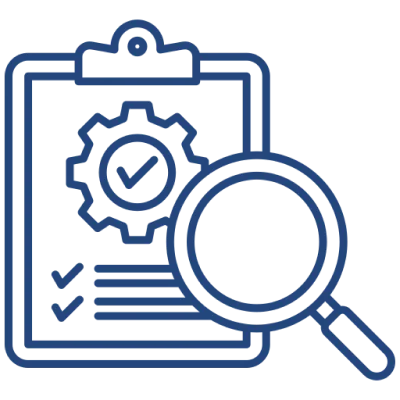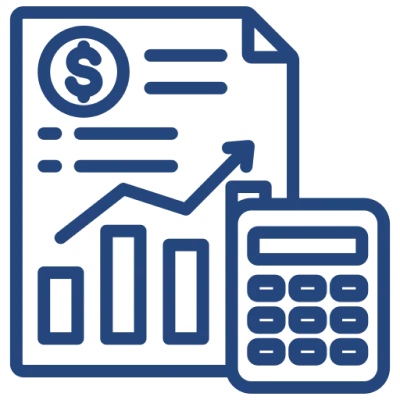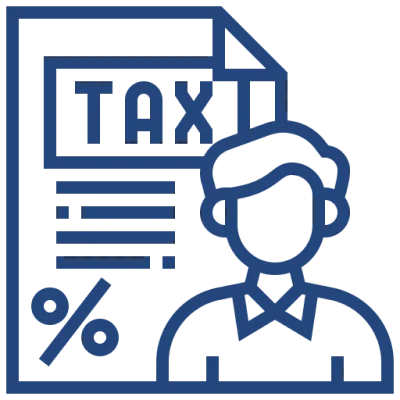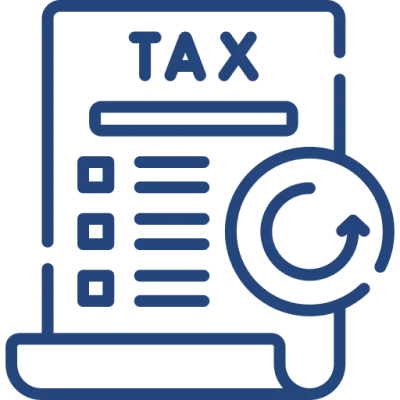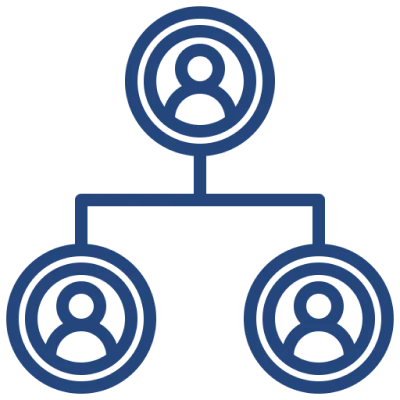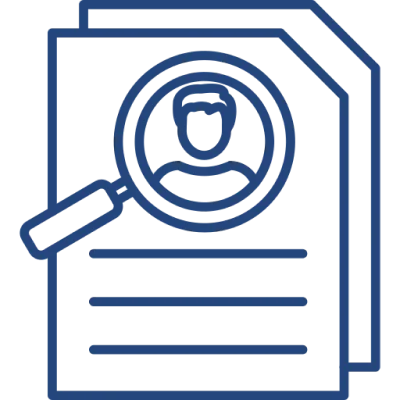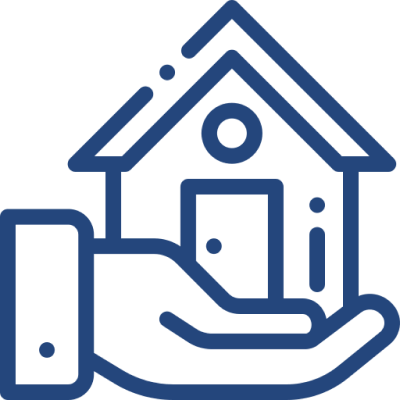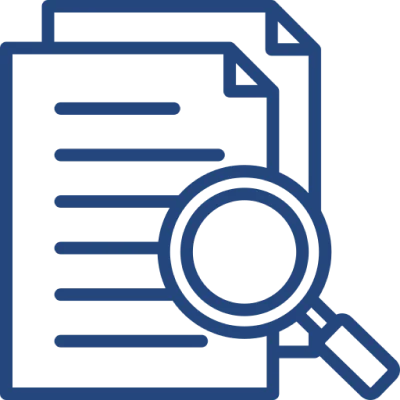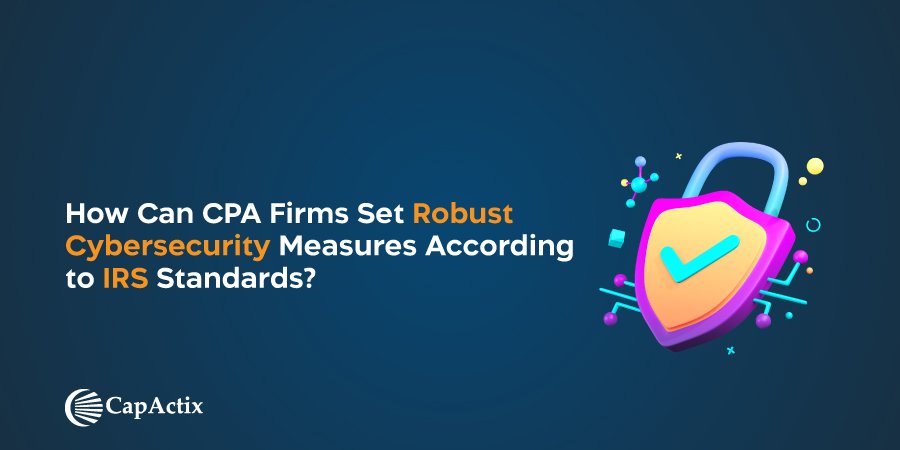Cyber security is one of the major concerns for CPAs and accounting firms that provide tax preparation and online accounting services. Cybercriminals keep their focus on CPA firms to find breaches in data security or cyber security to attack and steal data to fulfill their malign intentions of fraudulent activities. This will not only harm your clients financially and otherwise, but it will also damage the brand reputation of your accounting firm.
To help tax practitioners, CPA firms, accounting companies, etc. The IRS standards were introduced by the state tax agencies and tax industry partners to consolidate cyber security with a meticulously prepared Taxes-Security-Together Checklist.
For each CPA firm, it is mandatory to comply with IRS standards to ensure high accounting data security and cyber security to protect clients and their own interests.
How can a CPA firm set robust cybersecurity measures according to IRS standards?

1. Know the complete Taxes-Security-Together Checklist
IRS standards are quite strict, but they are defined for our own benefit to keep clients and accounting data secure. It is necessary to learn about the complete checklist and understand it fully.
The checklist has 5 major sections, as listed below:
a) Deployment of Security Measures
Use security software.
To increase data security and avoid cybercrimes, CPA firms need to have security tools implemented and well deployed. Follow the below-mentioned steps to keep security software in your favor:
- Use encryption to keep data difficult to decode even if for any reason it gets leaked. A majority of hardware and software provide encryption features.
- You must add an added layer of security and for that, you need the following:
- Strong passwords that are difficult to crack. Avoid using common passwords or all characters or alphanumeric passwords. Make a strong password by mixing special characters, caps, small alphabets, and numbers.
- Implement two-factor authentication as and when possible to ensure secure access.
- Implement a firewall.
- Use a licensed and reliable antivirus software
- Create a secured virtual private network
Take regular backups.
It is necessary to take regular backups of customer data at another safe location, which can be digital. You can use backup software to take timely data backups to increase cyber security and it is necessary to meet IRS standards.
b) Define a plan for data security
The IRS standards emphasize increasing data security. You need to have a well-defined plan to explain how you will keep client and accounting data secure from internal or external threats. To define a security plan, focus on the following:
- Human resource management
- Training accounting staff to follow IRS standards to ensure accounting data security
- Keeping track of systems, system failures, and managing the occasions of system failures
c) Be aware of scams
Using the best security tools to increase data security will help in one way, but knowing the common or recent techniques applied by cybercriminals can help in staying aware of possible fraudulent activities to safeguard clients and their data. You and your team must be aware of common phishing and scam attempts or cases that breach the cyber security walls of CPA firms. The common ways include phishing emails or phone calls from so-called tax authorities, ransomware or other viruses, etc.
d) Identify theft or cybersecurity breach signals
Cybercriminals use their brains to fail all your security means, which is why IRS standards are not only about the implementation of cybersecurity tools, but they also cover the areas to deal with possible attempts to breach accounting data security. One of the possibilities is that despite having all the security means cybercriminals break the security and run some fraudulent activities. In this case, CPA firms have to be alert to identify the signals that something wrong is happening.
Some of the common signals are as below:
- Suspicious intimations received by you or your clients about tax returns
- Clients or CPA firms receive tax transcripts without making any request for that
- The electronic filing identification number is used by a CPA firm to file multiple returns, which none of the CPA team members have filled
Taking quick steps to restrict these activities and making your cybersecurity team alert to increase data security are vital steps to take.
e) Create a theft recovery plan
In case, if your cyber security plan has failed, your CPA firm has to be on its toes to recover from the theft. The IRS standards also include this in their standards to ensure that CPA firms are ready to face the disaster of a security breach and still recover from it without major loss.
The following are some of the steps that a CPA firm must take immediately to reduce data loss:
- Connect with the cyber security expert to stop the theft and fraudulent activities and consolidate accounting data security again
- Get in touch with a local IRS stakeholder liaison and explain the situation to get an immediate help
- Provide the required assistance to the IRS stakeholder to help you protect clients and consolidate data security
2. Keep your team and clients educated about cybersecurity threats
There are no fixed patterns of cybercriminals and attacks are common. It is necessary to keep your team aware of and well-trained in IRS standards. The security plan, backup plan, etc. must be well documented and implemented as a standard procedure to be followed.
Your team and clients must also get regular alerts on different types of phishing scams you come across to protect them from being victims of fraudulent activities.
3. Perform an annual risk assessment
It is necessary to run an annual check on the possible risks or loopholes in following IRS standards or your own accounting data security policies. The annual risk assessment will give a clear picture of what is missing and how it can be consolidated to be a foolproof company that aces the game of cyber security to protect the interests of its clients.
Wrap up
The risks of increasing cybercrime and data theft risks are real. CPAs and tax practitioners are at high risk due to the involvement of sensitive data and finance. This increases the responsibilities of these companies to consolidate their cyber security and data security infrastructure and teams. The IRS standards and IRS stockholders help these companies with their guidelines and checklist to stay secure from these threats and, in case, if you are a victim, how you can combat this situation.
Along with knowing IRS standards, it is also necessary to have a well-planned procedure in your CPA firm to increase data and cyber security. Follow the tips mentioned in this article by the experts. If you still have any doubts or questions, or if you are interested in using tax preparation services from a CPA firm that has the most consolidated data security mechanisms in place as per the IRS standards, Contact us at +1 201-778-0509 or reach out at biz@capactix.com.







